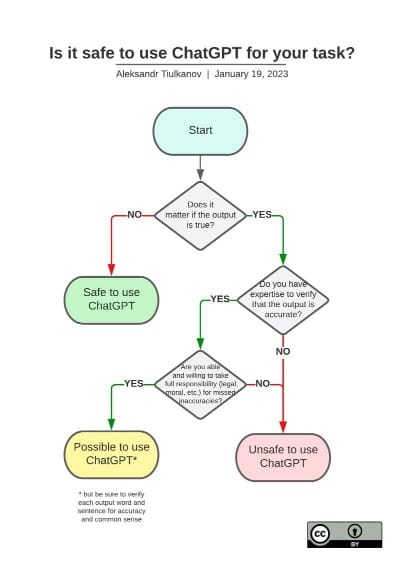Wrestling with the Misinformation – Censorship Tension (Part 1 of ??)
when the information environment is polluted with misinformation at the same time as efforts to censor resources are based on claims – often untrue – that the information is inaccurate.
For years I’ve been thinking about the role of libraries in helping people know distinguish what accepted as fact from what is partly known, and what is outright fabrication. Sometimes I read things that suggest libraries can save us from misinformation – whether it’s made by conspiracy theorists, politicians, foreign powers, generative AI, or scam artists. My eyes usually roll back pretty far when I see this because I know librarians are still people who can be taken in by a “fact” that supports our per-existing opinions, just like everyone else. A librarian can only go so far defending truth as they see it, especially when any librarian worth their salt knows that truth as they personally see it could be wrong.
Even if a librarian wanted to support truth, a public library tends to buy what the community wants to read. It is unlikely to refuse the political rallying books of leading presidential candidates and pundits or the investment and cryptocurrency guides endorsed by the prominent cable TV figures, even if those writers and their ghostwriters are less than truthful. If enough of the public is committed to an idea and is clamoring for a book, failing to meet that demand will bring questions around why the community is paying for a library that doesn’t give them what they want.
On the other hand, librarians' professional code of ethics, calls on librarians to provide accurate, unbiased information. A collection that lacks the range of views in the community cannot do that, nor can a collection that’s so overrun with volumes of speculation and opinion that there’s no room for fact.
I still haven’t fully wrapped my head around what that means libraries can do. The closest I’ve gotten is to believe that libraries provide some boundaries around what’s acceptable knowledge.
The ideas that lead me there are...
- Libraries’ collections include materials within the conventional wisdom of their particular communities at a particular time.
- Even within conventional wisdom, the range of perspectives necessary to encompass the whole community’s interests is wide enough that a library with a wide enough connection to serve the whole community will have materials offensive to some members of the community.
- If they have a research mission, libraries also take on a responsibility to preserve materials from other communities or from other times, even when those materials directly contradict what the library’s local community now generally believes or knows to be true.
- Even in research libraries, materials are weeded, so the dominant narrative of the current time and place, especially of those with power in that moment, tends to receive more emphasis than the counter-narratives that exist in the community.
That leads to some dark sides of boundary setting...
- When the weeding is deliberately done to promote a particular narrative, it is an exercise of power and will exclude some in the community.
- With a narrow enough collection, very few will have a use for the library, as it no longer reflects their perspectives or needs. Instead of serving the community, the library serves those with the power to keep the collection narrow.
The ALA Code of Ethics doesn’t really resolve the tension between providing accurate and unbiased responses and upholding the principles of intellectual freedom and resisting all efforts to censor library resources when the information environment is polluted with misinformation at the same time as efforts to censor resources are based on claims – often untrue – that the information is inaccurate.
